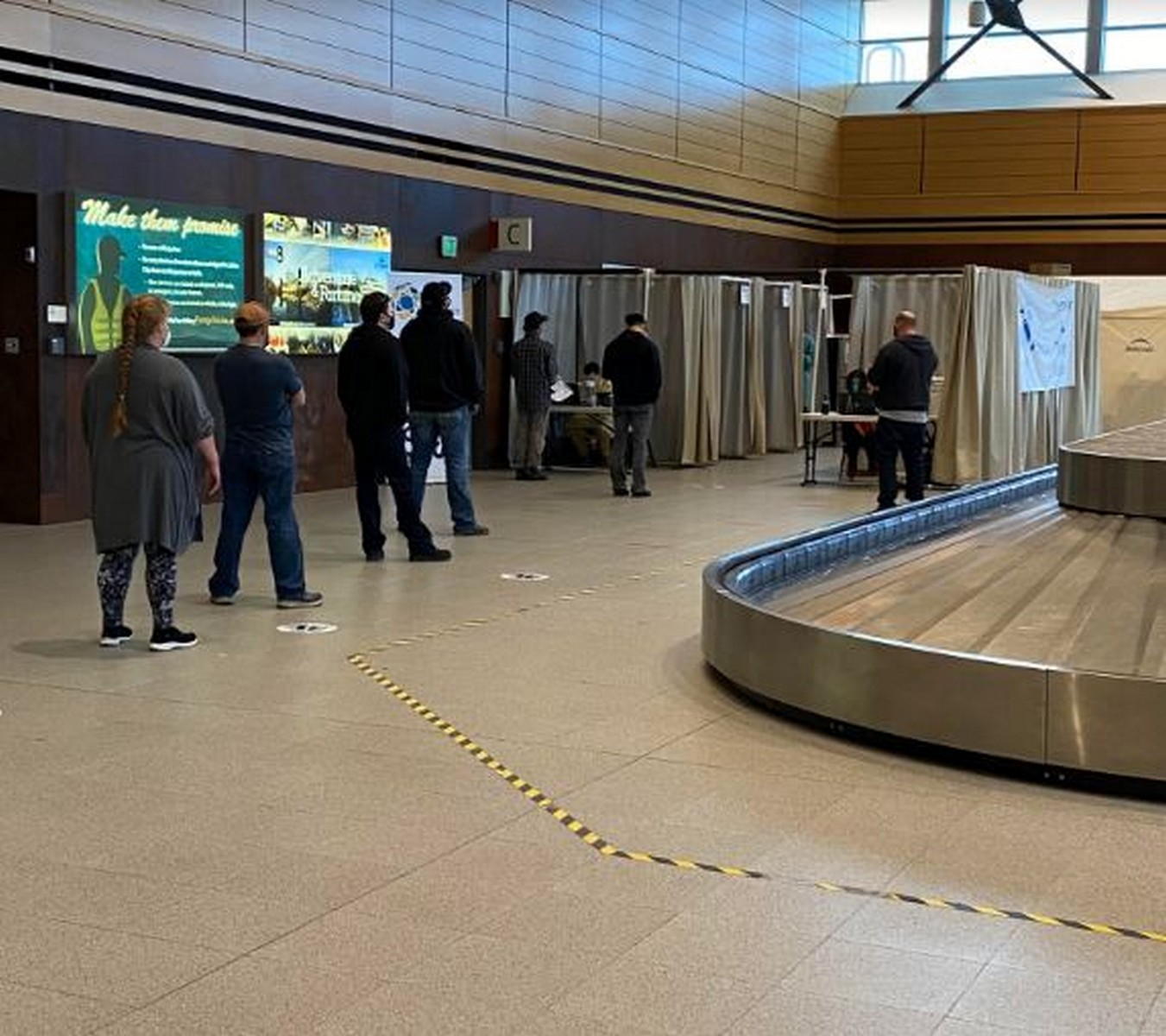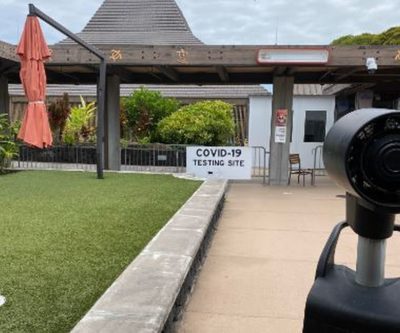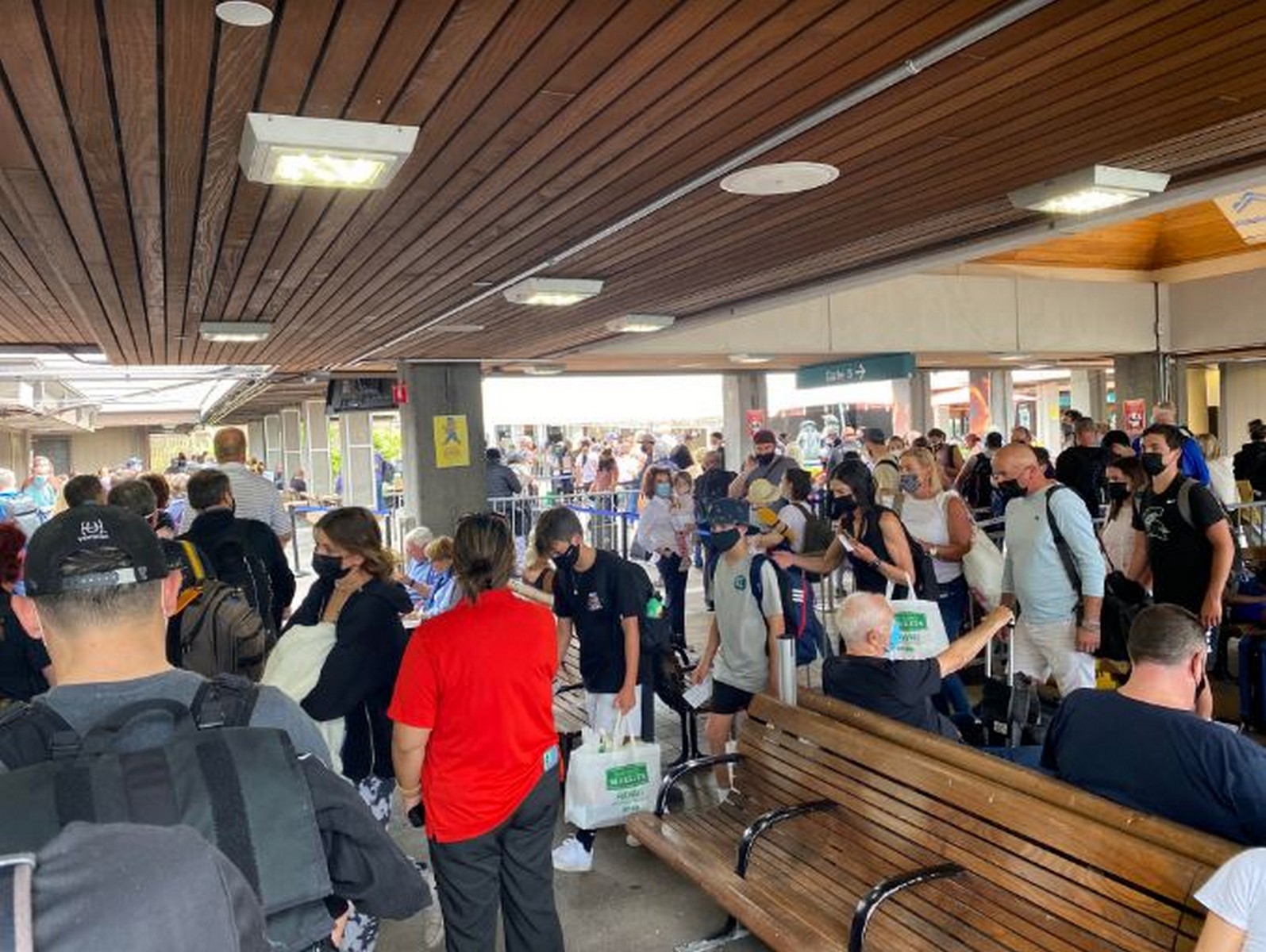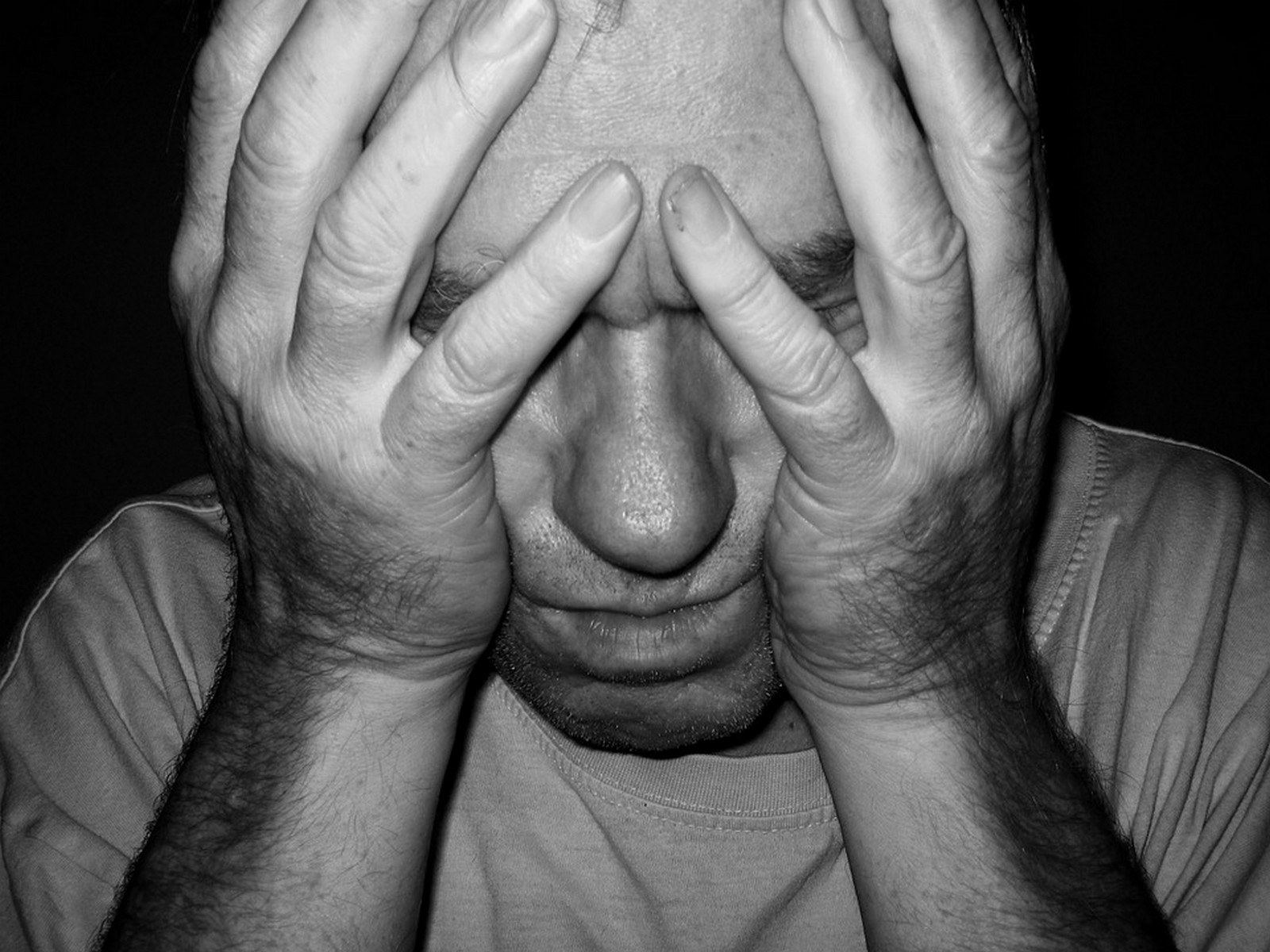When A False Positive Covid Test Ruins Your Trip & Lessons Learned For International Travel
This was not the article I expected to write. I was supposed to be in Barbados, scuba diving and posting really cool pictures. So, when the nurse called and said, “You tested positive for COVID.” I almost dropped the phone. I thought I had become a pro at taking COVID tests, expertise hard won through trial and error. Yet here was an epic fail. I received my positive test results a mere 16 hours before our flight was to depart.
I retested a few days later and it came back negative, a false positive had ended our trip before it even started.
Making Adjustments On The Fly – Flexible Bookings Is Key
In the immediate aftermath of my shock, I told my husband (who’s results from the same test came back negative) and we began to disassemble the trip we had so artfully created just five weeks earlier. Luckily, our flights were award flights on American Airlines so those miles re-deposited as soon as I canceled them.
The part that really stung though was giving up our accommodations. Back in May when I saw that Barbados was re-opening, I found a penthouse one-bedroom at The Crane with its own private pool and garden that could be booked with our Hilton Grand Vacation Club points. What made it even worse was we were unable to use our time share points much at all in 2020. There was a silver lining though, because we were canceling the reservation before July 1, 2021, we were able to have all the points re-deposited into our HGVC account.

Our other main expenses – a dive package and the rental car – were charged to our Chase Sapphire Reserve card. We received full refunds for both, but if we had not, we could have utilized travel protection through the card. While it was extremely disappointing having to cancel such a trip at the very last minute, it did not hurt us financially. Easy come, easy go.
How This Test Requirement Was Different From Previous Trips
I had been administered a molecular PCR (rRT-qPCR) test three days prior to my departure for Barbados. I was very careful to read the official Visit Barbados site to clarify which test was required. I cannot stress enough how important it is to research the specific requirements of the destination you are planning to visit. There are at least 300 different COVID tests out there and it can be confusing both to the patient AND the health care provider.
Alaska Mishap Costs Us An Additional $500
For example, we traveled to Alaska in September 2020. I researched on the official Alaska travel site and knew we needed to take a NAAT PCR test (this was last fall and the requirements have changed – which is why it is crucial to always check) 72 hours prior to travel. I found a local testing facility, explained what I needed and why, and scheduled the test. The nurse administering the test said that yes – she had already tested several people traveling to Alaska and that THIS was the right test. Results (negative) were received in time to download to the required app and when we landed in Fairbanks, I felt confident.
Unfortunately, the test we had taken days earlier in Huntsville, Alabama was the SARS Antigen Fluorescent Immunoassay test. This would not meet Alaska’s requirement so my husband and I each had to take a second test at the airport at $250 a piece before we could leave the airport. And even then, we were required to go straight to our lodging and self-quarantine until we were contacted with the results of our tests (which were both negative and this was communicated via phone within 24 hours).
Alaska has since dropped their testing requirements.

Why Testing Requirements Can Be So Dang Confusing
So why did our original test not pass? Well, it was an antigen test – not a PCR test. Here’s a VERY basic explanation: There are three main types of tests for COVID:
- NAAT PCR – Nucleic Acid Amplification Test Polymerase Chain Reaction – The NAAT PCR is considered a gold standard for COVID testing because it uses PCR to determine whether nucleic acid (like DNA and RNA) – also referred to as genetic material – from the virus is present in the sample taken from the nasal swabs.
- Antigen – This test is also administered via nasal swabs but determines to detect outer protein fragments of the virus. It can be done as a rapid test.
- Antibodies – this is generally done after an infected patient has recovered.
Both the PCR and Antigen are considered “molecular” so they may get confused even by the facility providing the test. It is very important to follow the official travel guidelines of your destination when addressing COVID testing, vaccination, etc.

The Test Names Can Get Very Confusing – Hawaii Example
In April we visited the Big Island of Hawaii. We followed the official Hawaii travel website which was very helpful not only in listing specific tests but also test providers – like Walgreens, CVS, and American Family Care. Yet, even when we went to an approved testing site (in our case, American Family Care), there was confusion as to what test to administer. I insisted that we needed a “rapid NAAT PCR” test while not realizing there was no such beast. In the end, Hawaii’s specification was for a “molecular test” given 72 hours prior to departing the mainland for Hawaii.
For us, leaving from Alabama with an overnight leg in San Jose, this meant a rapid molecular test. Results were downloaded into an app that ultimately provided a QR code required for both boarding the plane and exiting the Kona International Airport.

Hawaii has now dropped the required test for fully vaccinated visitors at least 15 days post final vaccination dose. Prior to departing the mainland, the visitor must download proof of vaccination, either the CDC vaccination card, VAMS printout or DOD Form DD 2766C. The physical copy of this proof must also be brought with you and presented upon arrival for verification.
When A False Positive Covid Test Ruins Your Trip – Final Thoughts
Three trips all had very different COVID processes with outcomes across the spectrum. What did I learn from these experiences?
- Educate yourself on COVID terminology.
- If you’ve read this article – you can check this box!
- Treat every trip as its own entity and do your research.
- Always, always referring to the official travel website for your destination. Make screen shots or printouts of your travel requirements in case of later confusion. Follow ALL the steps required, including downloading apps, filling out questionnaires, producing QR codes (green codes are good – red codes are generally bad). Most countries have switched from “72 hour” language to “3 day” wording which gives the traveler crossing multiple time zones more flexibility.
- Have a back up plan.
- Know the cancellation policies of every piece of your travel puzzle. Airlines award miles have been easy for us to cancel and re-deposit. If you’re using hotel points for accommodations, be aware that different hotels in the same chain can have different cancellation policies. Take screen shots when booking! Use a credit card that offers travel insurance.
- Take a COVID test with you if you are traveling out of country and want to simplify things.
- You will need it for US re-entry.
Hopefully this helps you in your future travels. Things may take a little longer and the process may be a little strenuous but just be as prepared as you can be and be ready to adjust on the fly if you need to.
A big thanks again to Mary for putting this together for us! While we all would have loved seeing some amazing dive pictures this is some information that will come in handy for everyone as well!




A word of caution using Credit Card trip cancelation, be sure you understand what they do and don’t cover. For example CSR covers airline, hotel, and car – they do not cover excursions or ticketed events. I learned this the hard way in 2018 with a trip to NYC. My wife had a medical emergency 2 days before our trip and we had to cancel – we got together required medical documents and submitted. Airfare and one day of car rental were reimbursed and chase converted our airfare back into UR points. However, points I used to purchase several events in NYC were not covered nor were event tickets I paid cash for. I appealed for almost 8 months with the insurance administrator and chase directly before I gave up. Moral of the story here, know the cancellation policies for excursions and events, for example the five package listed in this story likely would not have been covered by the CSR trip cancellation policy as you might think had it not been refunded by the vendor.
Due to the nature of PCR testing, there is a very low false positive rate. What is much more likely is that you were asymptomatic but positive. False negatives are more common than false positives, often times related to the specimen collection itself. This was not an “epic fail” as you put it, but likely may have prevented you from spreading Covid-19 to many others.
I agree – I talked with 4 ID physicians about this – I may have been completely asymptomatic – also – it is possible that i would have an antigen response from the vaccine itself.
Mary, thanks for sharing your travel during Covid experience. I am sure we will follow your suggestions on our upcoming trips.
So very interesting to read a perspective from another well traveled person who has experience navigating these trying travel times!
This is great info!! Thanks for sharing
Very good information… research is the key!
Great job Mary Graves!
There’s a con in Mexico, where you take the test and then the employee says that it’s positive ( it’s not)
and if you don’t bribe them they will register it and you have to quarantine for two weeks. Also Hotels have official indications ( usually more serious) but front desk person tries to swindle you by calling someone else as if they were “the official” hotel service provider – even in 5 star hotels. So better use a lab indicated by the embassy (find it online) or get tested in the airport.
Couple of notes:
PCR picks up miniscule amounts of virus. Thus, it is much more likely to detect asymptomatic infection than antigen testing. It is quite possible that above was not a false positive; rather, you had an asymptomatic infection you quickly cleared due to immunity due to being vaccinated or previous illness, etc.
Antigen testing is less sensitive. My scientific opinion, this makes more sense for vaccinated folks when required to test for return US travel admission since they are less likely to shed virus if they have a asymptomatic infection.
So, I just got back from Croatia; here is how I played the game to stack all odds in my favor. Even though Croatia did not require testing if vaccinated, I did PCR 2 days before I left to assure I do not have an asymptomatic infection which could cause problems in me returning to the US. (Like above, we would have cancelled.) Then, in Croatia, I tested 3 days before my flights back to the US and did antigen testing. This minimized the time possible for me to develop a new, asymptomatic infection that would be picked up on testing, and made it less likely a very light asymptomatic infection would be detected assuring we could go home. Note, my wife and I are both fully vaccinated.
Folks, carefully plan this out….if you are not willing to put in the effort, you should probably not be traveling.
Folks need to think about this.
Agree – but some destinations require a specific test – like NAAT-PCR.
I seriously suggest getting a lawyer and suing the company for selling you a fraudulent test.
Thanks, Mary. Super helpful. I too would love to see more posts by Mary!
This was a great read and very informative. I’d love to see more from this writer!
Thanks Juli – glad you enjoyed it 🙂
Mary did a great job